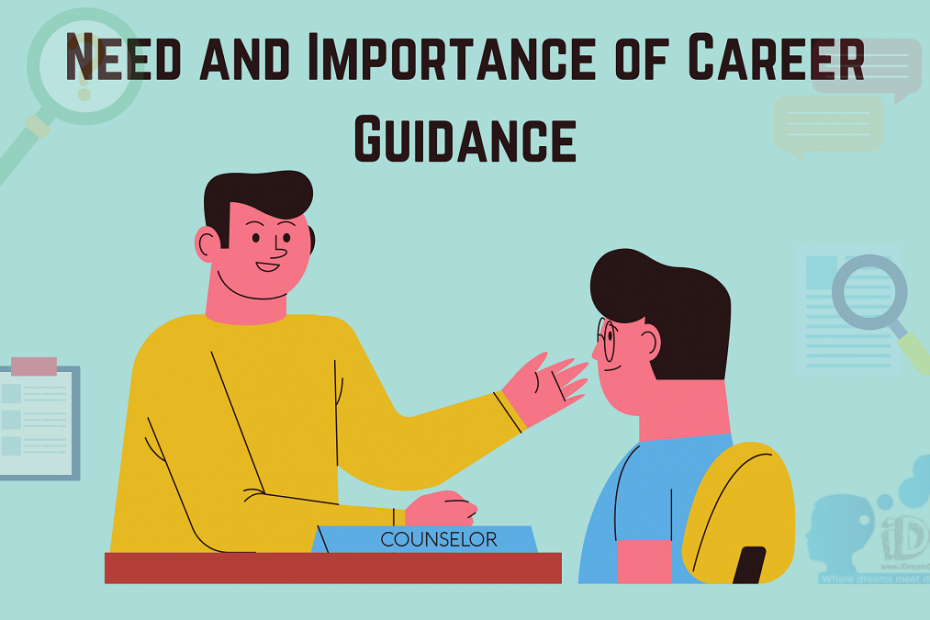
Myths and trend of choosing Career in India?
How often do you hear children saying, ‘I am planning to give JEE’, ‘I am planning to give NEET’ and these days a new trend ‘I am planning to get into Management’. Do you agree on the following pattern for choosing stream after 10th in india : Highest scorers choose Science, Average scorers choose Commerce and Low scorers in choose Arts.
Did you know most of the Noble prize winners are Economists, which is a career in Arts stream. Were you aware of degrees like Bachelors in social welfare and sound engineering. Lakhs of Engineers are unemployed in India and most of them dont even end up in engineering jobs later in their career. This sheep herd mentality is a common problem for years in India. Getting influenced and fascinated by other’s career is a natural thing, but one should always look at their own skills and interest while making a career decision, instead of getting influenced by others. There are doctors who earn more than engineers, there are engineers who earn more than actors and there are actors who earn more than doctors. So, there is no thumb rule of a particular career having better pay than the other career.
Why Career Counselling?
Career Counselling is an unbiased and scientific way of choosing a career. It helps students explore from a pool of careers apart from the ones which they are already aware of. The basic 3 pillars of career counselling are :
1) Career Interest Test : It is very difficult for anyone to answer a question like, ‘Do you want to become a Pilot or Engineer or doctor?’. Our answer could be yes or no and it is very difficult to pinpoint interest in a particular career.
Career Interest Test incorporates two factors : (i) the fascination with the name of a particular career
(ii) whether the task performed in that particular career is in line with the individual’s choice of activity on a daily basis. eg. if an individual is more inclined towards performing activities like physical, artistic, social, administrative, etc. Career interest Test Questions are framed in an indirect questionaire format and his interest is then categorised under physical, artistic, social, administrative, etc.
2) Aptitude Test : Aptitude is innate and inborn ability and most important factor to be considered while choosing a career. It is the capability of an individual to perform in a Career. eg. I might have interest to become a journalist, but if my verbal reasoning aptitude is low, I might struggle as a Journalist or may have to always work harder than other journalists who have the natural talent for it.
3) Personality Test : A lot of times freshers try out multiple jobs initially in their career, till they find the perfect one. In some cases it might take a lifetime to search for the perfect job! One of the reasons is personality mismatch. If you are a social person and end up in a desk job, with no communication with others, then there is a high chance you might quit your job.
In our academic life, while we are pursuing our education, we might not be expected to interact professionally with our classmates and just clear exams to be promoted to the next academic year, leaving our personalities unexposed. Hence, we do not realise how personality plays an important role while choosing a career till you start working.
What is the accuracy of Psychometric Tests?
Psychometric Tests are based on Psychology, which is not an exact science. Physics is an exact science ie. If I throw a ball, it will come down because of gravity. There are other methods of Career Guidance like Astrology, DMIT, etc, but Psychometric Tests are one of the most conventional and practiced methodology across the globe.
